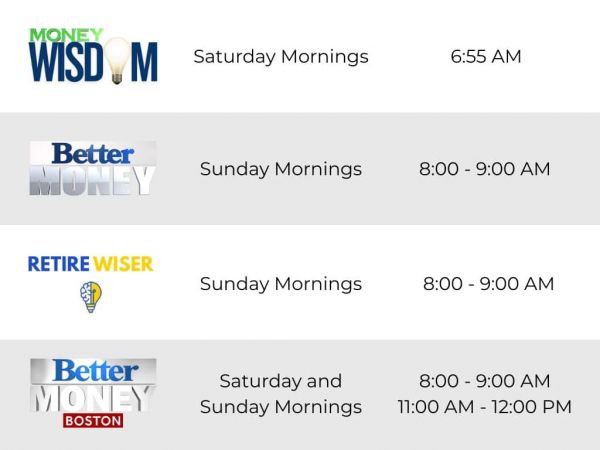When you can see us:

Video Archive
Explore our video archive of on-screen media appearances. Our advisors have been featured on leading local stations such as WFSB Channel 3, WTNH News 8, NBC Connecticut, & WCVB Channel 5.
WFSB | Better Money | Social Security FAQ
WFSB | Better Money | Election Year Uncertainty
WFSB | Better Money | Catch Up on Retirement Saving
NBC | Retire Wiser | ROTH Conversions
NBC | Retire Wiser | 3 Habits of Successful Retirees
NBC | Retire Wiser | Paying Off Debt Before Retirement
WTNH | Money Wisdom | Take Control of Taxes In Retirement
WTNH | Money Wisdom | 401(k) Decisions
WTNH | Money Wisdom | Where Should I Begin with My Investing?
WCVB | Better Money Boston | New Era of Tax Planning
WCVB | Better Money Boston | Can I Retire with $700k
WCVB | Better Money Boston | The Simple Truth About Estate Planning







